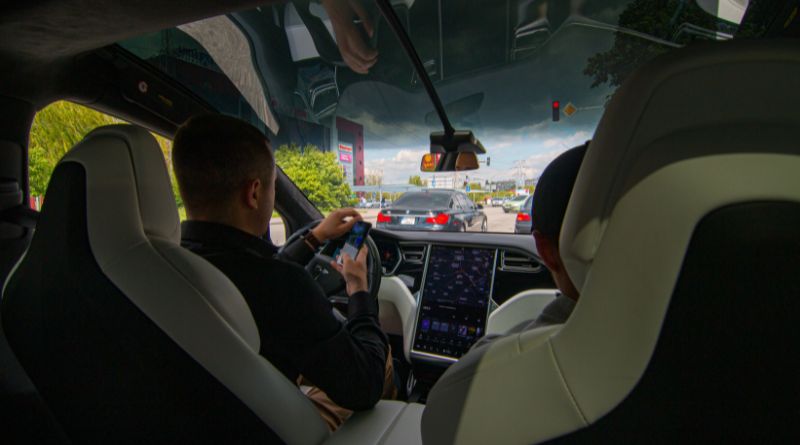United Airlines flight 2675, scheduled to depart from Chicago’s O’Hare International Airport at 1 p.m., was forced to refuel before even taking off because it had been sitting on the runway for more than six hours, according to The Points Guy . But when the flight eventually took off at 9 p.m., after eight hours of waiting, it was canceled due to crew timeouts. So passengers were forced to board the same plane again, only to have it canceled again after about an hour in the air and have to return yet again.
Actual events
On Thursday morning, a United flight heading to San Francisco was forced to refuel at JFK airport in New York after it had been waiting on the runway for more months. It waited because of a winter storm in Newark and issues with deicing and removing snow from the aircraft. In total, the plane was stuck on the runway for more than six hours. The crew eventually timed out so they were unable to fly. According to reports by Bloomberg News journalists, passengers began questioning why the crew didn’t get off earlier considering that it was possible that another flight would be canceled due to their long standby time. One passenger reported that she overheard an airline worker saying that crews often stay until their flight is called no matter how many hours they’ve been waiting or what time it is.
How do airlines make money when they cancel flights?
When an airline cancels a flight, it’s still fully obliged to the contracted service for that route. So if you’ve paid $500 for a roundtrip ticket from Cleveland to Chicago and the flight gets canceled, you’re entitled to $500 of compensation from the airline. It can’t just call off its obligation by canceling the flight—it has to make it up by rebooking you onto another airline or giving you a refund. And now with all these overbookings going on, many airlines are bumping more people than they anticipated on oversold flights in order to satisfy their obligations. Which leads us back to the initial question: how do airlines make money when they cancel flights?
It’s actually not uncommon for airlines to cancel flights. In fact, about 10 percent of all flights are canceled for one reason or another. And when an airline does cancel a flight that you’re on, it has to honor your ticket with another carrier or give you a refund. Which means that it can lose money—or even be left with a net loss—on each flight it cancels. So in effect, when airlines overbook flights (which is very common), they’re counting on most people not actually showing up so they don’t end up having to spend all that extra money on compensation and refunds. And if that doesn’t work and too many people do show up, they’ll bump them off their flight by offering other perks instead of cash compensation.
What are my rights if I paid for a ticket?
Some suggestions for United Airlines include being more clear about the cutoff time for a flight so passengers don’t waste hours waiting on a plane that is just going to be canceled. There are also considerations of changing a crew’s work schedule in order to alleviate this problem. However, there is no viable solution that can absolutely guarantee an incident like this will never happen again.
United is under no obligation to give you a refund if your flight was canceled because of a crewing issue, but that doesn’t mean they won’t. AirlineReporter suggests contacting United via Twitter and asking them what they will do in terms of compensation. If they don’t offer anything more than a meal voucher and access to their frequent flyer program then it’s time for a lawsuit. In Canada passengers are able to seek compensation through an official complaint process. The Canadian Transportation Agency has rules in place that require airlines compensate passengers with cash if they wait more than two hours on an aircraft before returning home or leaving for another destination due to delays or cancellations from poor weather conditions, mechanical issues or crew problems like what happened with United’s recent debacle in Chicago O’Hare International Airport.
How can we avoid this problem in the future?
Here are some things that might help the situation. First, Southwest could make deals with some airlines that have canceled flights and put the stranded passengers on their aircraft instead. For example, Southwest has a pre-existing agreement with American Airlines, so they were able to take in as many of these passengers as they want. Second, airlines need to address safety concerns by monitoring whether or not their crews can work long enough hours and ensuring there is an adequate number of pilots for each flight. Thirdly, airlines could start more cooperations with partner organizations like charities who are willing to provide food for stranded passengers who don’t have any form of income during this wait time. Fourth and finally we should have stricter regulations on flights canceling out because crew members time out.


